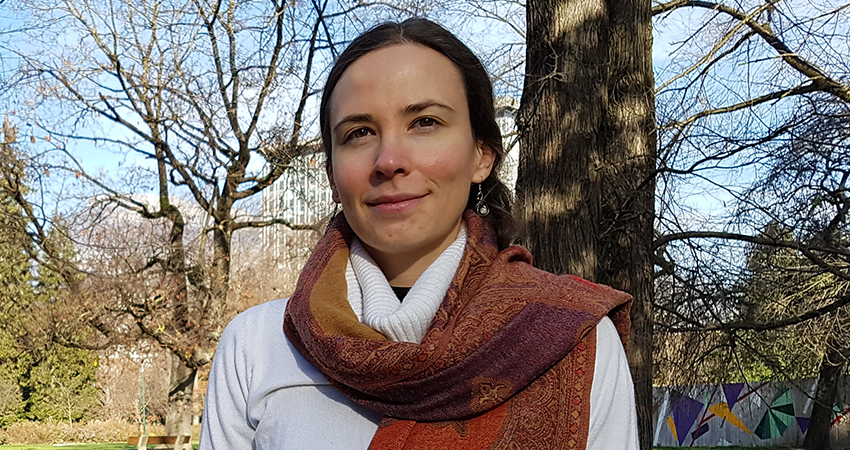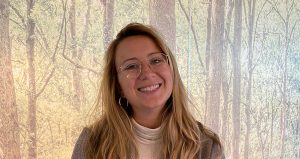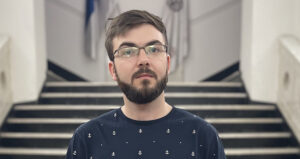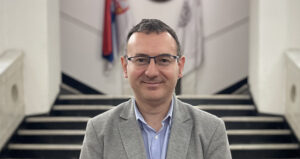Manon: “EJWP provides opportunities for new partnerships”

-
 Editorial Team
Editorial Team
Share article:
Manon Berge from France is participating in the second group of the European Junior Water Programme (EJWP). She is sharing her experiences on Water News Europe. Manon is enthusiastic about sharing experiences with other international water professionals during the Programme. “I think that my EJWP experience can bring us new perspectives on interdisciplinary work. EJWP also provides opportunities for new partnerships.“
What and where is your current work position?
“I am a sociologist, and I am currently working as a project manager in a French consultancy and research company named ACTeon. My work is mainly about creating time and space for collective thinking: designing participation and dialogue strategies, understanding governance systems, involving relevant stakeholders in projects and understanding their different views. Our world is made of our perceptions, so acknowledging them and sharing is a nice way to learn and progress in our water management strategies.”
What value are you bringing to your organization and career from your EJWP journey?
“Participating in EJWP is a great opportunity to take a step back and put into question what we tend to take for granted in our everyday work. By sharing my experience with my colleagues, I hope that we can develop a new awareness on the way we cooperate and we solve issues. I think that my EJWP experience can bring us new perspectives on interdisciplinary work. EJWP also provides opportunities for new partnerships.“
What is your most valuable experience with EJWP so far?
“The most valuable experience for me is the group interaction. I see EJWP as a safe space for experimenting with all aspects of cooperation. As we try to put a project together, we need to learn how to use our various scopes of expertise, working habits and cultural background as opportunities. EJWP’s format allows us to learn how to deal with communication struggles, and to feel comfortable giving each other honest feedback. “
What have you already learned or developed in knowledge or skills?
“My main challenge as a social scientist is to find a legitimate role in projects that can be fairly technical. Given that, the ability to communicate about my posture and skills are essential, and I got a lot of opportunities to practice communication within our interdisciplinary group.“
What are the benefits of an international water-sector network? And how are you building a water network with EJWP?
“An international water network can bring the sector more collective intelligence and capacity to act. By developing cooperation skills and value, it also brings benefits for the individuals: promote curiosity, openness and contribute, through diversity, to creating an interesting and peaceful world.
My main approach to networking is to understand what other professionals do in their everyday work and what drives them. I am always glad to have an informal chat to learn more about someone’s experience, and to share mine. “
What can better-connected international water professionals mean for water sector organizations?
“There are probably great needs and opportunities in bridging local management with international project discoveries: on the one hand to bring local knowledge and concrete complexity to international research and development, and also to make these developments work for better water management on the ground, and translate them to be operational in local contexts. “
What did you study?
“I have a master’s degree in both Sociology and Water Policies/Governance. “
Where and in which position would you like to be working in five years?
“I would like to work internationally and contribute to bringing even more social sciences into water management and nature preservation.“

















